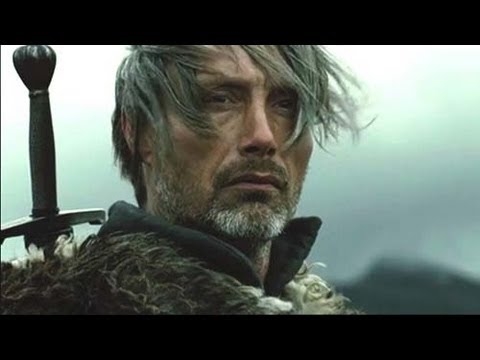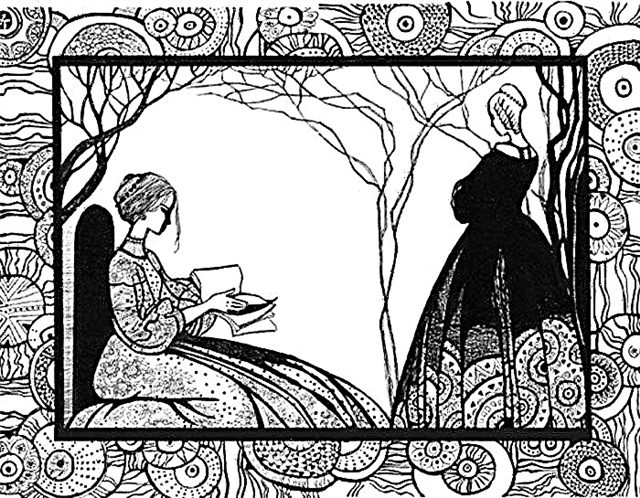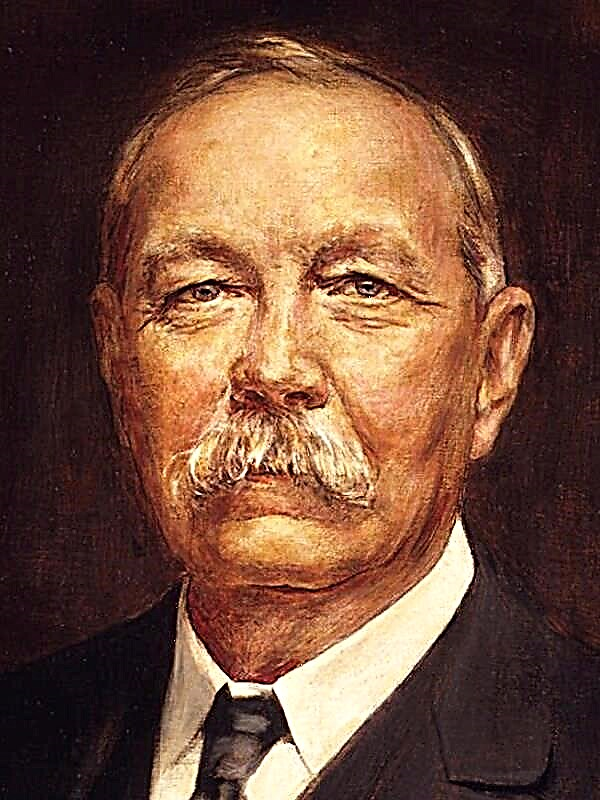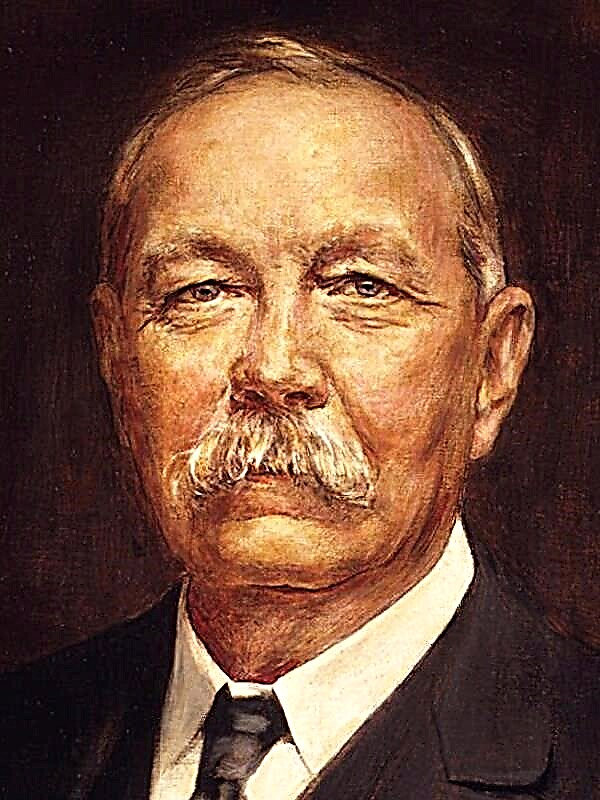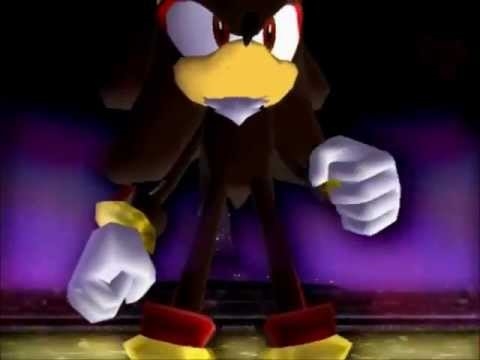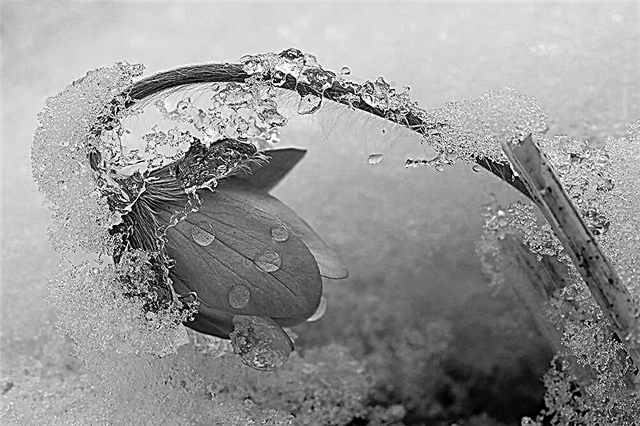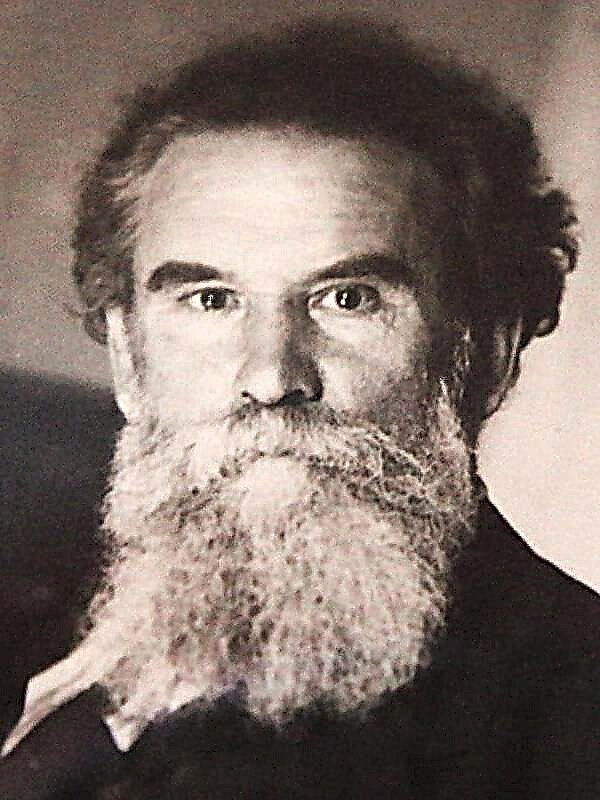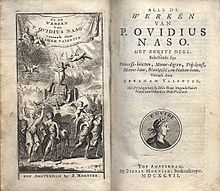(335 words) V. G. Rasputin in his novel “Farewell to Mater” touches not only the theme of a small homeland and memory, but also a careful attitude to nature. The environmental aspect of the book is not disclosed as fully as the rest, but it is important not only for the contemporaries of the writer, but also for people of the new century.
The plot for the current reader seems mundane: in order to build a hydroelectric power station and provide people with energy, you need to flood the island - nowadays, for the sake of improvement, they cut down entire forests, build glades, and dry ponds. Rasputin is trying to show that progress should not be to the detriment of nature. He builds a clear organization of Matera as a village (human community) and as islands (parts of flora and fauna). In addition to the description of dilapidated houses and the way of life of the inhabitants of Matera, there are abundant forest and meadow landscapes, the symbol of the island “royal foliage” and even the Island Owner - his patron and protector.
The author, as it were, draws a line between Matera “human” and “natural”: the village disappears along with the collapsing houses, dying old people and leaving youth; at the same time, meadows and fields bring a bountiful harvest, bird singing and other animal sounds can be heard in the forest. An island full of life is doomed to perish, because it was decided by a Man who imagines himself to be omnipotent. Rasputin does not agree with this position:
“Man is the king of nature,” suggested Andrey.
“That's right, king.” Will reign, reign and sunbathe. .. [answered Daria].
But the inhabitants of Matera lose the battle to progress. At the end of the story, they sail to the mainland in a fog, which, perhaps, symbolizes the uncertainty of not only their future, but also of all people. Nature is the mother to be cherished; it is not for nothing that the author takes the root word "Matera" as the name of the island. From “mother” and “Mater” one adjective is obtained - “maternal”. It turns out that we see the relationship of mother and son in the work not only on the particular example of Daria, an ardent defender of her native land, and Paul, who doubts the correctness of the struggle for the island, but in the global sense - Nature confronts its part in the person of Man.
Rasputin is not opposed to progress, but he protests against the loss of communication between people and fauna. Through the mouth of Daria, he says that a person loses himself in the pursuit of innovation and begins to serve machines. Alas, nowadays it is becoming increasingly difficult to solve environmental problems.

 The subtle art of indifference
The subtle art of indifference

